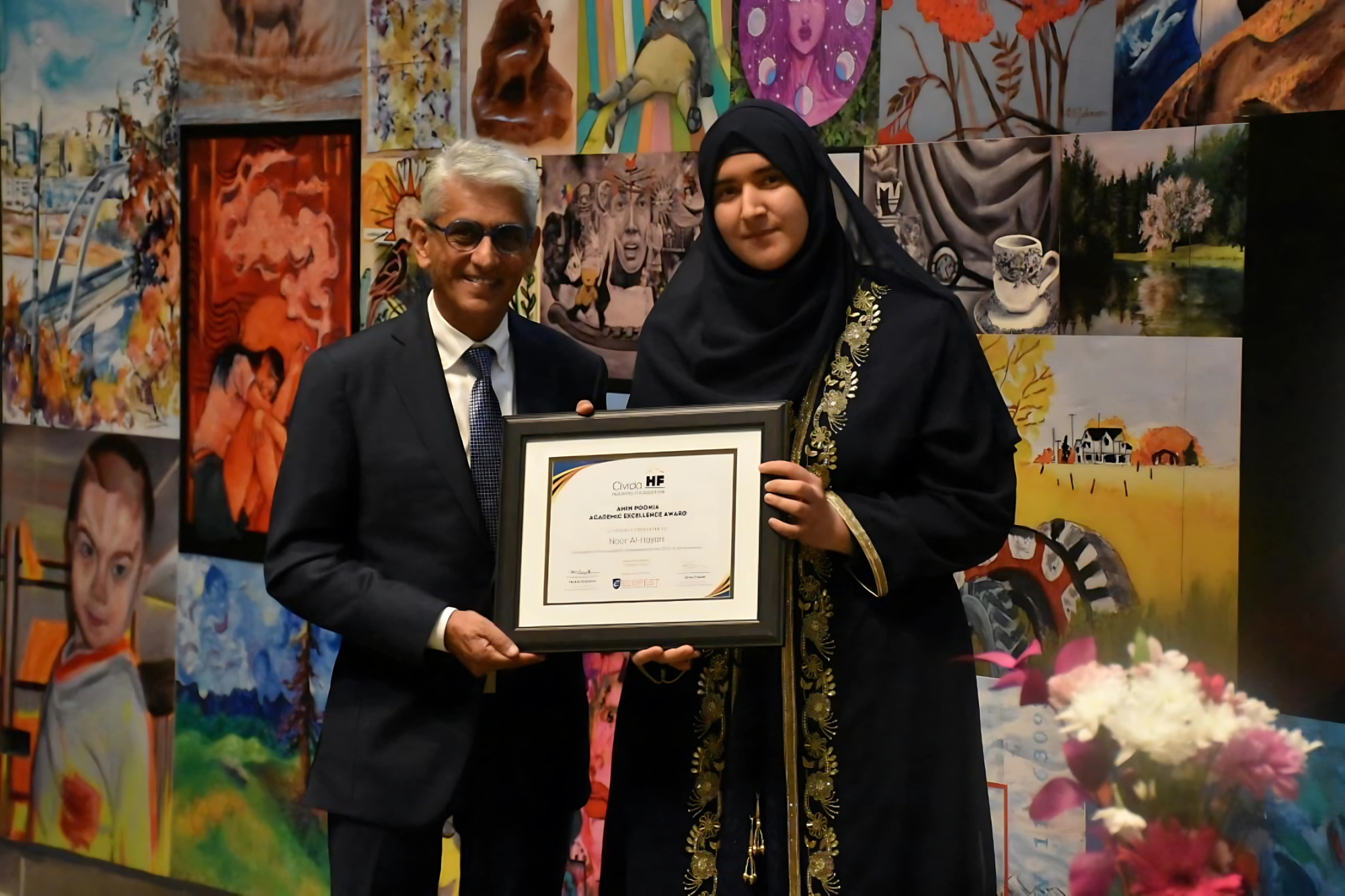At just 15 years old, Veronica McRae left home — which in her family, was the norm.
“It was a mix of my parents saying I could leave and me saying I wanted to leave,” McRae explains. “With my family history of foster care, the Sixties Scoop and residential schools, leaving home at 15 wasn’t a surprise.”
McRae spent the next two years homeless, or living with friends, until she got pregnant at 17. While living with drug dealers, McRae managed to stay clean, soberly watching her friends “transform [into addicts] before my eyes.”
McRae says giving birth to her daughter saved her life by giving it purpose: to make sure her daughter never goes through the same thing. She got her high-school diploma, worked part time as a receptionist, applied to MacEwan University and rented a house with other students.
After finding out she was pregnant again, McRae began working in order to earn employment insurance hours for her upcoming maternity leave. Then, the owners of the house she was renting said they were selling and she had to leave. “My roommates all went home to their parents, but I was the parent in my situation — my daughter was starting kindergarten and I was expecting my second child in two months. My valley was so deep I couldn’t even see the top of the mountain.”
Overwhelmed and scared, McRae went on income support, which in 2003 provided her young family of three with a total of $9,000 to live on for a year. She felt humiliated and embarrassed “because I am a very hard worker and very diligent, but my circumstance was quite limiting.”
She knew about Civida (then called Capital Region Housing), but resisted reaching out because her childhood experience of living in low-income housing “felt like walking through waist-high snow while wearing swim flippers,” and returning as an adult felt like going “back to the beginning.”
Reaching out to Civida was actually the beginning of McRae’s new life. She got into a home in Mill Woods for $115 a month, which allowed her to go back to school for her accounting degree. Almost 20 years later, McRae is now married, with two more kids, and no longer feels like she’s trudging through snow. “Civida gave me snowshoes, and life is extremely purposeful now — my children are the first in five generations to be raised by their mother.”
